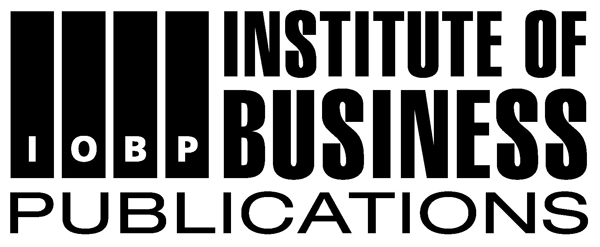The scenario: An African American crew member was upset when his supervisor asked him, “What are you, like, a monkey?”
Later that same day, a coworker threw a banana peel on the floor near the Black employee’s desk. The supervisor, who was nearby, laughed out loud.
Another time, the Black staffer was disturbed to find a rag doll hung by its neck in the workplace. He complained about the incident, but nothing was done to punish the person who’d hung the doll.
A few months later, a white manager asked the Black man whether he could operate a specific piece of equipment. Before the Black staffer could answer, the boss said, “If he doesn’t run it, we’re going to hang him.”
The Black man complained about the racist comments, but supervisors ignored him, possibly because there were no African Americans on the management team.
When the Black staffer subsequently applied for a promotion, he was turned down in favor of a less experienced Hispanic man.
Legal challenge: The Black employee sued for race bias, arguing that the discriminatory comments by managers and coworkers proved that he was denied the promotion in favor of a less qualified individual because of his race.
The ruling: The employer lost. The court ruled that the racially charged comments made by managers and coworkers could’ve indicated that racial hostility prompted the promotion denial.
The skinny: Warning: You can’t turn a blind eye to racist comments or discriminatory behavior. In this case, it was a bad idea for the supervisor to laugh out loud after a Black man had a banana peel thrown at him.
Cite: Watkins III v. City of Des Moines, Court of Appeals of Iowa, No. 19-1511, 6/3/20.
(From the Dec. 18, 2020, issue of HR Manager’s Legal Alert for Supervisors. To sign up for a no-obligation trial subscription to the publication, please click here.)
Supervisor laughs after banana peel is thrown at Black worker
By iobp
